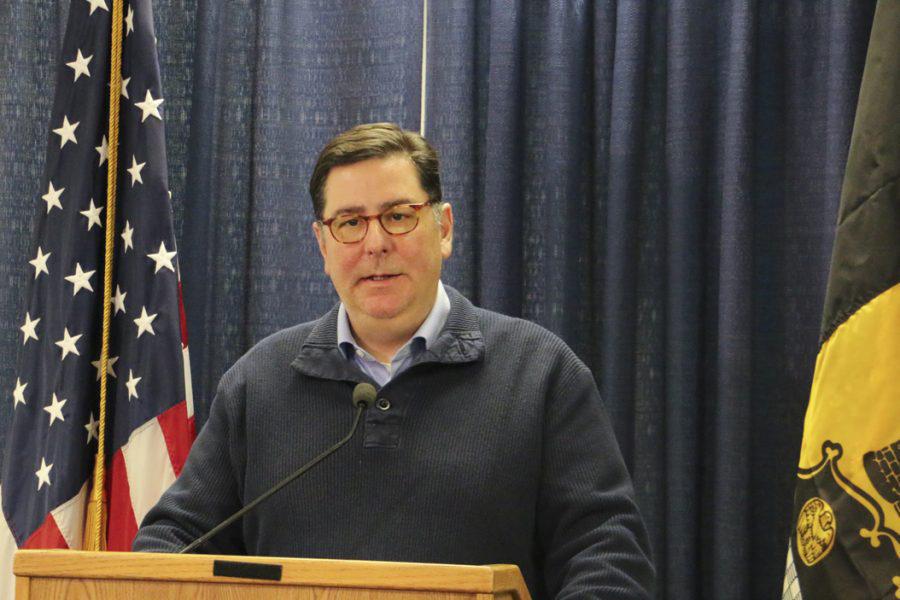If this year’s bench for Democratic mayoral primary is looking a little thin, we might have the local party to blame.
Last week, the Allegheny County Democratic Committee made the unsurprising announcement that it would endorse incumbent Mayor Bill Peduto for the 2017 Democratic primary for mayor. Two of the three candidates, Peduto and Councilwoman Darlene Harris, sought the committee’s endorsement, while the more anti-establishment Rev. John Welch has not.
The decision came in the middle of Pittsburgh’s first mayoral primary race with an earlier due date for filing fees, or the $10,000 each candidate must now pay to be considered for endorsement. Candidates who fail to win the endorsement are currently refunded 30 percent of the fee.
The county Democratic Party’s new endorsement process marks a sizeable shift in when it requires candidates seeking the organization’s endorsement to pay the relevant fees. Previously, the party required candidates to pay a filing fee of $3,000 before the endorsement decision was made and an assessment fee of $4,000 after one candidate won the endorsement. Typically, this second fee would only be paid by the candidate who won the endorsement.
The system was replaced in 2015 with a new process that had candidates pay filing and assessment fees all up-front in order to discourage non-serious candidates from filing. And while the new system allows for a refund for candidates who fail to win the party’s endorsement for mayor, losing candidates end up losing much more money than they would have under the old rules.
Dj Ryan, executive director of the county Democratic Committee, pointed out that the overall size of the fees had remained the same from 2011 to 2017. “The candidates are still paying the same amount, they’re just paying it all up-front,” he told The Pitt News.
Ryan said the candidates get their money’s worth for what they pay in filing fees. “Our candidates get a lot out of the endorsement system — access to office space, voter databases and other party resources.” Winning candidates likely would agree, but of course these resources are only open to whichever one actually receives the endorsement — the rest are left without anything in return.
Even for those who do not suffer a loss of funds from the lost endorsement, large, up-front filing fees stand in the way of potentially qualified, lower-income candidates from being able to actually use the county’s resources in a campaign.
Ryan disagreed with the idea that the filing fee presented an obstacle to candidates without substantial financial backing.
“The only mayoral candidate who hasn’t sought the Democratic Committee’s endorsement this cycle is Rev. Welch,” he pointed out. “And he’s said that he wouldn’t seek the committee’s endorsement even if he had $2 million.” Welch likely declined to seek the county party’s endorsement because of his campaign’s anti-establishment themes.
But the fact that none of the announced candidates had an issue with the filing fee doesn’t mean that some potential candidates may have declined to announce their candidacies because they knew they couldn’t afford to pay the endorsement filing fee. And the increase in potential financial costs certainly doesn’t make it any easier, or more likely, for lower-income candidates to enter the race.
It’s impossible to know how many qualified candidates from underprivileged communities in the city are underrepresented because of their inability to comply with the committee’s new filing rule because they have to pay so much up front. And far from making the county Democratic Party stronger, this absence of full representation can only serve to weaken it.
Candidates have the ability and the right to run for office without the blessing of the Democratic Party’s endorsement — they don’t even have to run for office under the Democratic Party’s label. But it’s beyond naive to believe that such a run has much chance of real success in Pittsburgh — a city that hasn’t had a mayor from any other party since the Great Depression.


